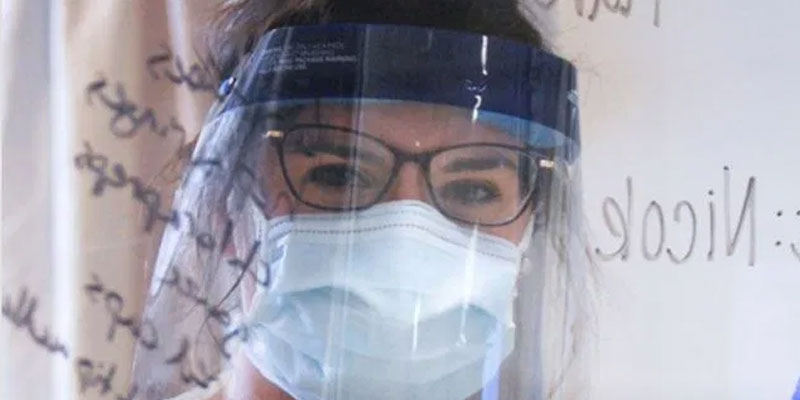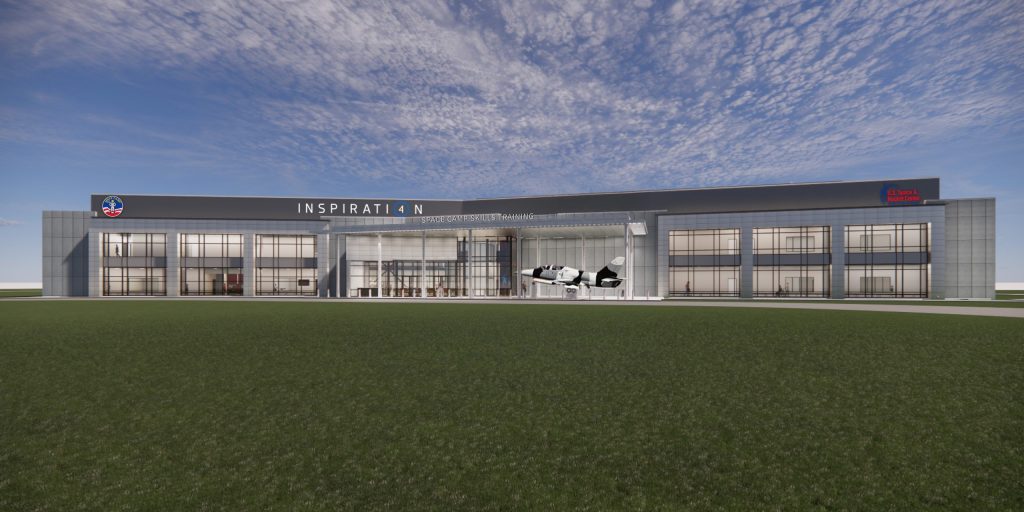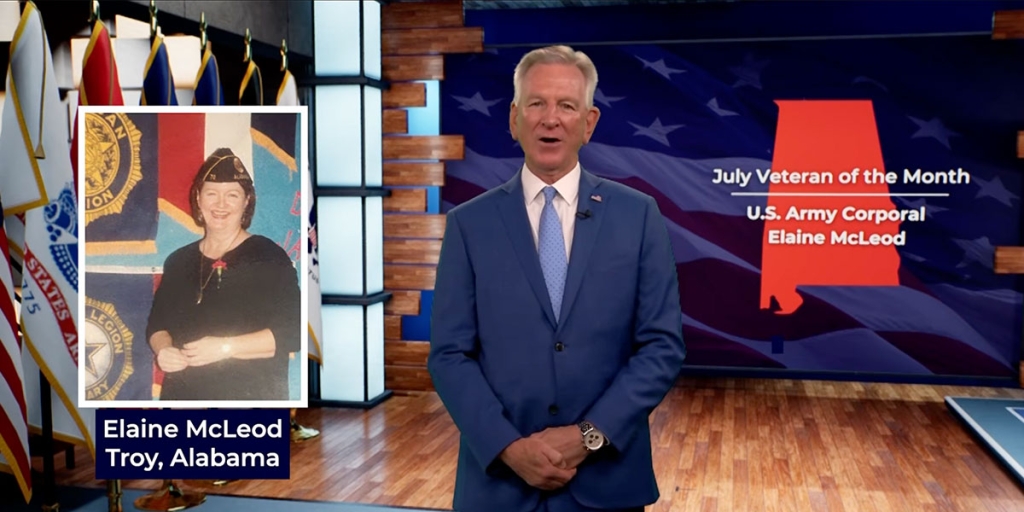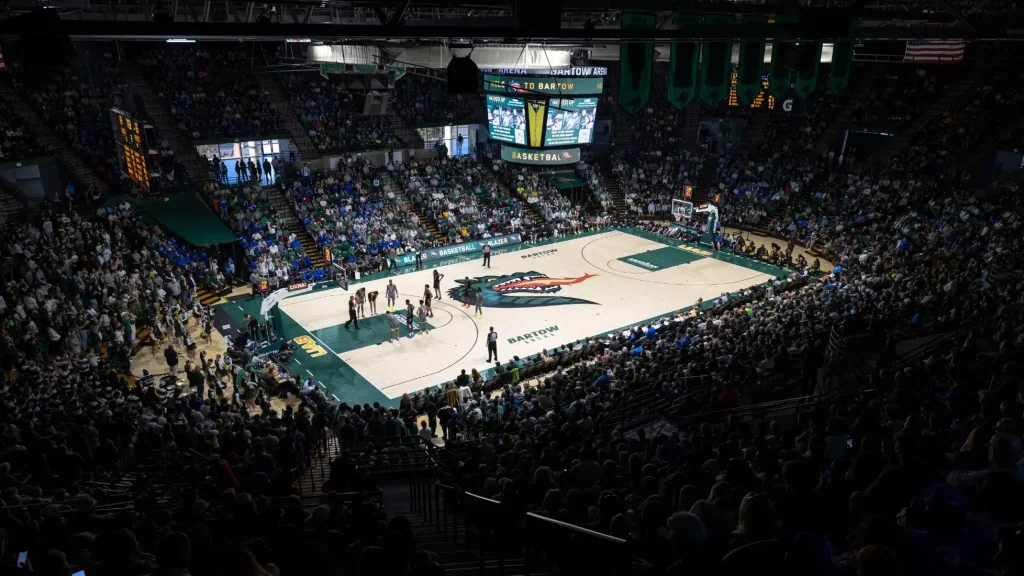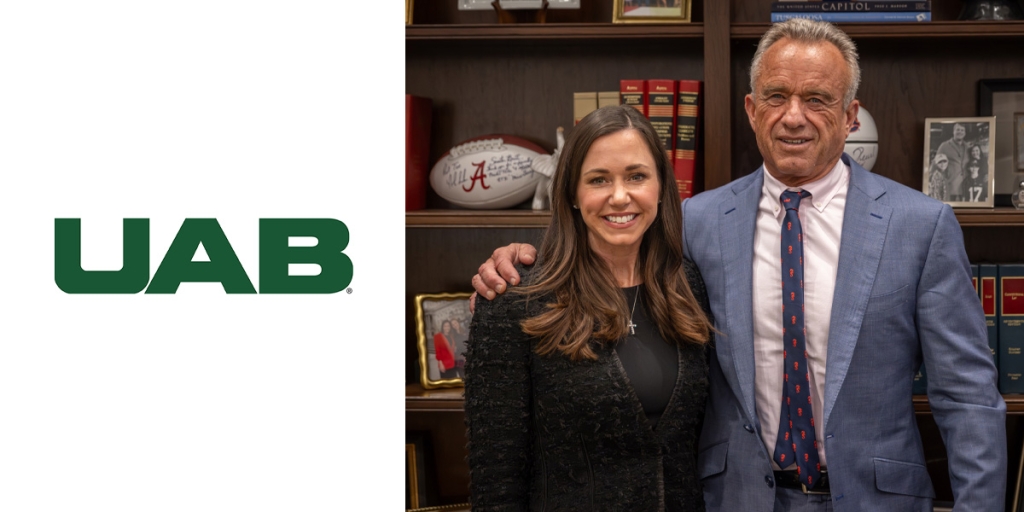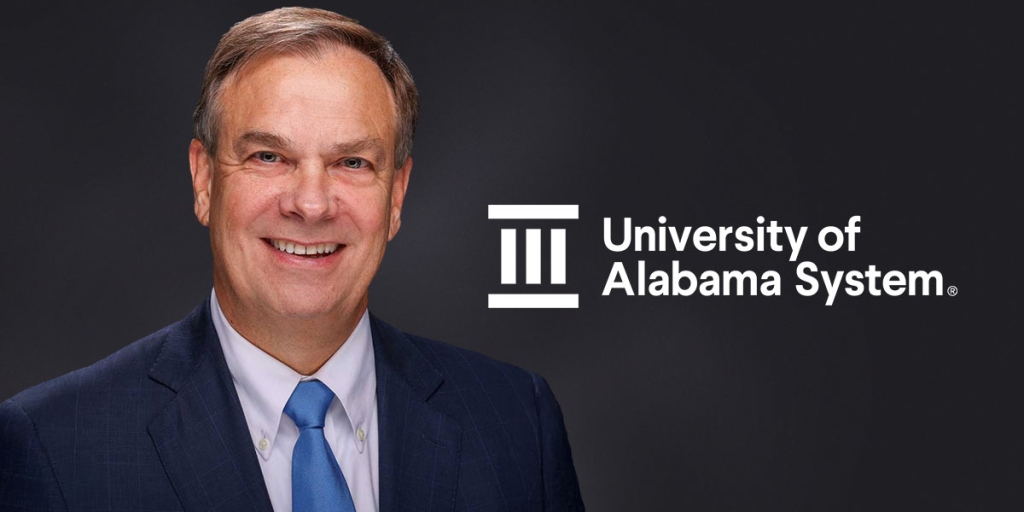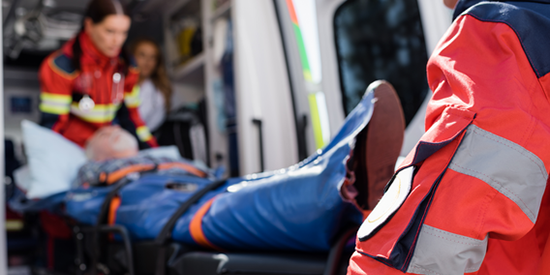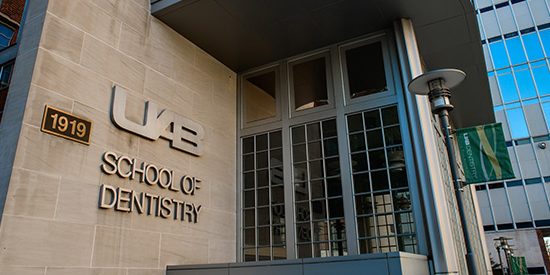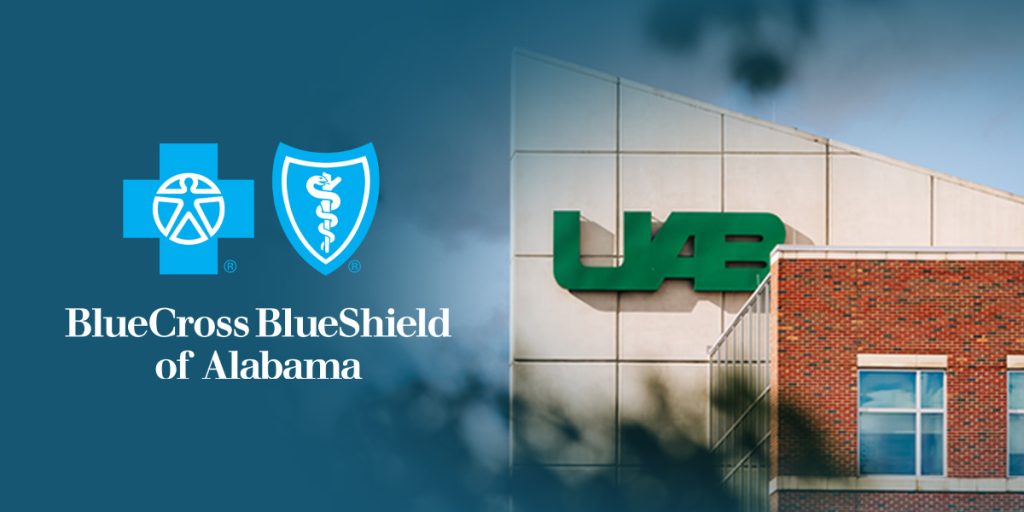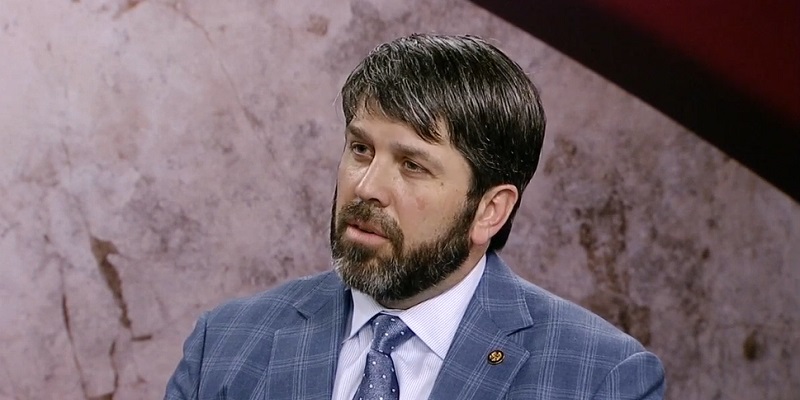The UAB medical community and the Jefferson County Department of Health (JCDH) issued good news: COVID-19 hasn’t yet been defeated, but “we’re at the 10-yard line.”
“We need to continue to really follow the rules, get vaccinated and we’ll have the best chance to get through this. … We don’t want to spike the ball before we’re in the end zone,” said UAB’s Dr. Selwyn Vickers, senior vice president of Medicine and dean of the UAB School of Medicine.
Vickers said he is thankful UAB and the state had the ability to come through a difficult time.
“It’s only been in the past few weeks that this has felt different from the continuation of 2020,” Vickers said. “Now it feels like we’re actually in 2021 because of the vaccine and the drop in the (COVID-19) cases that we’ve seen.”
As of March 9, UAB Hospital had 40 COVID-positive patients. Sixty-seven “convalesced” patients remain hospitalized, meaning they have been treated and are no longer infectious, but remain sick and potentially unable to survive without intensive medical care and attention.
Jefferson County has seen more than 1,400 deaths, said Dr. Mark Wilson, health officer for JCDH. Many people continue to suffer the after-effects of COVID-19.
“It’s brought a lot of stress into people’s lives, isolation, mental health problems, loss of income,” Wilson said. “So there’s just a lot of pain, and I’m afraid we’re going to see it for a long time.”
Wilson reflected on the past year. In March 2020, the JCDH was preparing its partners as COVID-19 cases emerged in surrounding states, particularly after the first case was found in Seattle, Washington. With so little testing at that time, Wilson and other staff of the JCDH realized the disease was probably already in Alabama.
On March 12, 2020, Wilson asked Dr. Jeanne Marrazzo, director of the Division of Infectious Diseases at UAB, to join in a JCDH call. Wilson issued a recommendation that the state suspend all gatherings of more than 500 people. On March 13, Alabama’s first COVID case was found in Jefferson County.
Two days later, President Donald Trump and the Centers for Disease Control and Prevention (CDC) advised that people voluntarily stay home, limit gatherings to 10 people and pause activities. On March 16, 2020, JCDH, county commissioners, Jefferson County mayors and medical experts discussed immediate steps to take to keep hospitals from being overwhelmed. That evening, they ordered the closing of restaurants and bars and limited gatherings to 25 people. That first order by Wilson, intended to last a week, was overridden about three days later by a statewide order.
“I know we saved lives, I know we kept our hospitals from being overwhelmed and I believe those were the right things to do,” Wilson said. “A lot has happened since then, and I am just so glad that we are near the end of this war. I would just urge people to continue to be very careful. We know these face masks work; keep using them and get vaccinated when you can. I would hate to see more casualties when we know we’re about to win this war.”
Marrazzo said knowledge about COVID-19 has increased dramatically. At this time last year, UAB was struggling to line up adequate and accurate diagnostic testing for the virus.
“We really didn’t know how to treat this infection, let alone prevent it,” she said. “Viral infections have always confounded us, and this is one that clearly threw us for a loop.”
Marrazzo said that mask wearing, social distancing and hygiene are helping to combat infections. Even with the success of the vaccinations, she said the public must remain vigilant.
“We have to continue to pay attention to circumstances in which we might not know we’ve been exposed, and unwittingly expose our loved ones to this virus,” Marrazzo said.
The medical community is waiting to see what happens with the emergence of the new COVID variants. The big question is how bad they will get, how quickly and whether that will drive the need for a new vaccine booster program.
Vickers said he is proud of how UAB has responded during the pandemic. UAB has worked with the state and the federal government to get vaccines targeted to rural areas. UAB also is working to increase the number of Black doctors in its emergency rooms, where minority patients often seek care, by partnering with HBCUs statewide and recruiting underrepresented minorities in its residencies. At the faculty level, UAB is recruiting new leaders and chairs such as Dr. Marie-Carmelle Elie, who will be on the front line of COVID care as the new chair of the Department of Emergency Medicine. Elie is the first Black woman to chair an emergency department of a major medical school in America.
“She’s an outstanding complement in addition to our faculty leadership,” Vickers said. “We are excited about her arrival and the role she will help play in culturally competent care and trust for our citizens.”
Though Wilson said the state health department has been under-resourced for many years, the federal government’s funding of the state and Jefferson County health departments has been helpful and timely.
“We’re getting more resources going forward to get us through the rest of the pandemic and especially the vaccination effort,” Wilson said.
“I think there’s a lot to be proud of in our state and at UAB,” Vickers said.
Though COVID cases are trending downward, UAB encourages the public to continue taking protective measures:
- Wear a mask.
- Stay 6 feet away from others.
- Wash your hands or use hand sanitizer.
- Stay home if you are sick.
(Courtesy of Alabama NewsCenter)




